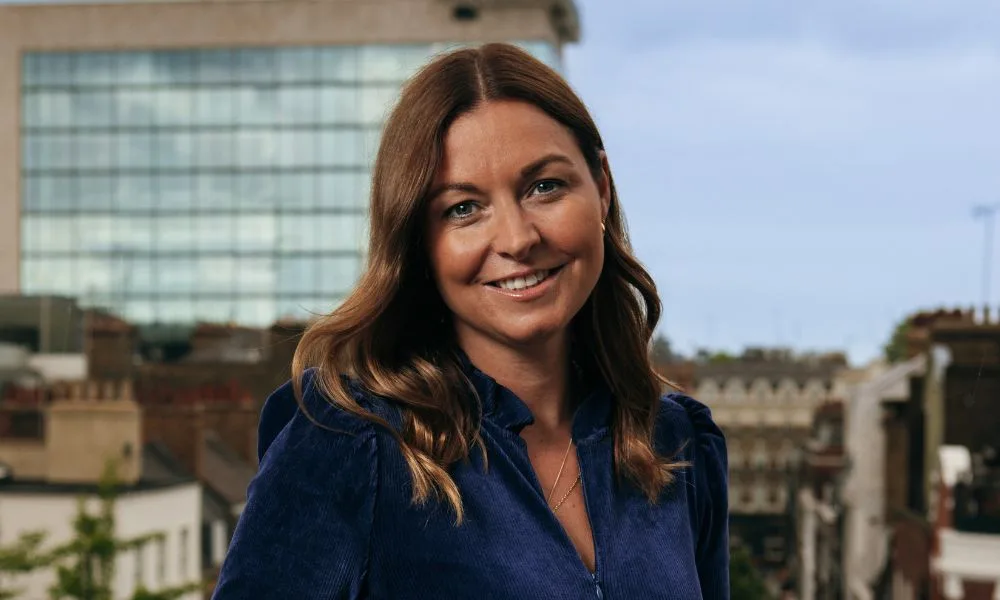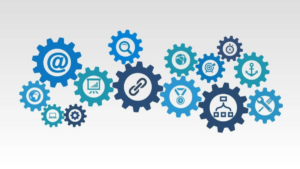NDA’s Digital Women series is talking to leaders from across our industry to understand the particular challenges, and opportunities faced by women. Next up is Victoria Bickle, UK Managing Director, mSix&Partners.
What is the biggest challenge to you as a woman in the digital industry and how are you overcoming it?
The need to break into a world traditionally dominated by men means we can sometimes become ‘women in men’s suits’. Adopting the traits of men to fit in and have conversations at the top table and resisting the natural characteristics of women such as ‘nurturing’ and ‘maternal’. Critical characteristics needed in the workplace today as we continue to support on a vast scale Mental Health.
Rather than coming together as women on behalf of women to fight against ongoing issues like the gender pay gap, inequality, and limited representation, these issues have played into a situation where there can be competition, suspicion, and even toxicity towards one another at times. This can result in the challenge being women themselves.
Don’t mistake that for me blaming women. The environment that has been created over time has pitted us against each other.
To overcome it, we have to become a real network of allies. Working together to show what is possible and support each other to achieve it. Adopt and embrace the characteristics that are 2nd nature to our genetics as empathetic leadership is essential in the workplace today.
Because there are still limited seats at the top table for us, and a perception (especially among junior women) that you must sacrifice a lot to get there, we can fall into the trap of an “every woman for themselves” mentality.
What is the biggest opportunity for women in your sector of the digital industry today?
The biggest challenge is also the biggest opportunity. It is about building real networks of women that can make real change inside the building. We’re lucky in the digital and creative industry to have organisations such as WACL and Bloom which are bringing together women to talk about, and set the agenda on, important topics like the pay gap, bullying, maternity policies, etc.
But not everyone has access to those organisations, and they’re not always geared toward solving issues on your doorstep. Industry networks are great but bringing change back into the building can be incredibly powerful.
Women want to be part of crafting a present and future workplace without hurdles that have held us back in the past. The opportunity is in creating communities where issues are broken down on a more specific, even company, level. The appetite is there and at mSix&Partners we actively set new programmes and initiatives in the workplace to make a tangible difference.
What three things could employer companies do to make the digital industry better for women?
A good starting point is tackling structure, perception, and mentality. By structure, I mean making sure there are initiatives in place that give women a voice and a chance to be heard. And making sure people are not seen as simply a number or part of a quota to fill at c-suite level, but as genuine talent that can bring something to the organization.
There can be a perception among younger staff that to get to the top you have to make sacrifices – from family to friends, and everything in between. Unfortunately, that was pretty accurate for a long time, but many women at the top today are achieving while still maintaining that work-life balance. Employers need to better showcase the route up the career ladder and champion women in the business in an authentic way.
Lastly, those at the top need to have the mentality of raising up the younger generation. I got statutory maternity leave and couldn’t afford to take more than that. But I’m going to fight for better terms for the current generation. The older generation did have to fight. Now it’s about supporting younger colleagues rather than being satisfied that some of us made it.
What support structures and organisations are most important and effective to you as a woman in the digital industry?
There are a lot of organisations that cultivate great conversations and media partners are bringing women together on a more ad-hoc basis, too. I think Bloom is particularly effective because it welcomes women from all levels of the industry. It has an inclusive and vibrant feel and is tackling real issues. I’ve actually tried not to be too involved in leading its direction from our agency point of view because I love the fact there are other female colleagues here doing just that from all levels and from all backgrounds.
Closer to home, I think we’re doing great things at mSix&Partners with access to things like WPP Unite and have been recognised as Best Employee Diversity Network recently. What I’m most excited about is the Gender Community we are launching across The&Partnership and mSix&Partners. It’s going to be a collective of women’s voices, lives, and experiences in the workplace.
We’re creating a community to allow us to do what Bloom and WACL are doing but in-agency to make a difference that can be felt within the building. Coming together to create a network for anyone who identifies as a woman.
What is the biggest misconception about women and by women in the digital industry?
That we make big sacrifices to get to the top. We absolutely did in previous generations and things are by no means perfect across the industry yet. The outside would look at my career and assume I’m never home (as I have a big commute) and I never switch off (as I’m responsive to when my team need me). It’s the opposite. My kids couldn’t be prouder and they don’t feel overlooked. They feel inspired to dream big and have successful careers. I work with supportive leaders and I have an incredible team and so together we understand the importance of the work life balance and give each other the time for what is really important.
Everyone makes some sacrifices regardless of gender. Hybrid working should be celebrated as being the foundation of eradicating any sacrifice. We’ve proven we can deliver anywhere and in any place. Presenteeism is a thing of the past and no longer do we have to miss important school events and life anniversaries in the working world today.
People’s everyday lives – and how it can encroach on work – have been normalised. I have regularly been seen on a Zoom preparing the evening supper or taking a meeting on a dog walk. We should champion that normalisation rather than play into the idea that, as a woman in the industry, you have to give up everything else and go head-to-head with anyone else, particularly another woman. There is room for all of us!








